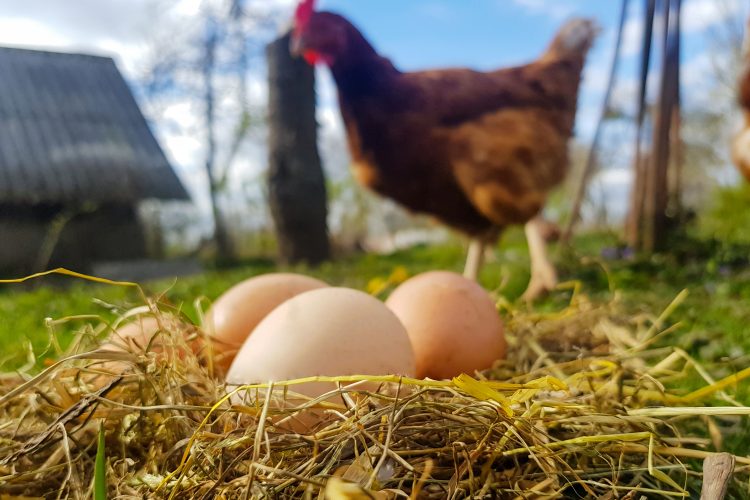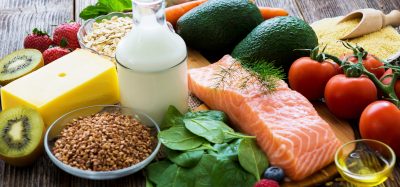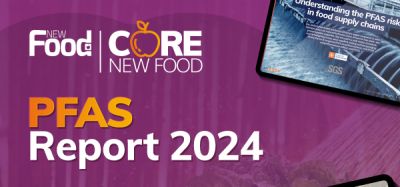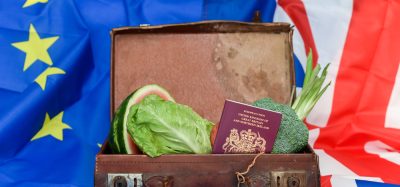Free-range eggs unavailable in UK supermarkets
- Like
- Digg
- Del
- Tumblr
- VKontakte
- Buffer
- Love This
- Odnoklassniki
- Meneame
- Blogger
- Amazon
- Yahoo Mail
- Gmail
- AOL
- Newsvine
- HackerNews
- Evernote
- MySpace
- Mail.ru
- Viadeo
- Line
- Comments
- Yummly
- SMS
- Viber
- Telegram
- Subscribe
- Skype
- Facebook Messenger
- Kakao
- LiveJournal
- Yammer
- Edgar
- Fintel
- Mix
- Instapaper
- Copy Link
Posted: 21 March 2022 | Abi Sritharan (New Food) | No comments yet
Housing orders issued as a result of bird flu outbreaks has led to a shortage of free range eggs in UK supermarkets.


Free-range eggs will no longer be on sale from today and may remain unavailable for several weeks in the UK, after outbreaks of avian influenza led to birds being housed indoors for long periods of time.
Avian influenza, also known as bird flu mainly affects birds, but can also affect humans and other mammals, according to the UK government website.
Birds reared for meat and eggs have been ordered to be kept indoors since November last year to reduce the risk of outbreaks of the disease. It follows what UK government officials have said is the “largest ever outbreak of avian flu”. The outbreak began in winter 2021 with more than 80 reported instances in England alone, as well as new cases still being reported.
Regulators typically strip eggs of their “free-range status” if the animals are kept inside for more than 16 weeks. The 16-week grace period given for producers to continue marketing their eggs as “free range” ends today (21st March 2022). Eggs sold in shops will have to carry a sticker or label saying they are in fact “barn eggs”; the name given to eggs produced by hens permanently housed indoors.
“The 16-week grace period we allowed for free-range eggs has now been exceeded, and eggs must now be marketed as ‘barn eggs’,” a spokesperson for the Department for Environment, Food and Rural Affairs told The Guardian. “We have worked closely with the sector and retailers to implement these changes as smoothly as possible.”
These new rules apply to all eggs, whether produced by one hen in a garden or a large-scale poultry business that provides eggs to thousands of supermarket chains.
“Shoppers may notice different labels on egg packs explaining that the eggs have been laid by hens temporarily housed to protect their health and welfare. Once the risk levels have reduced and the housing measures have been lifted by Defra, birds will be able to go outside again,” the National Farmers’ Union’s chief poultry adviser, Aimee Mahony, told The Independent.
It is unknown how long the current shortage of free-range eggs will last, but supermarkets will display information explaining the reasons behind the shortages to their customers.
Related topics
Food Safety, Labelling, Packaging & Labelling, Regulation & Legislation, retail, Supermarket, Supply chain, The consumer
Related organisations
Department for Environment Food and Rural Affairs (Defra), National Farmers Union, The Guardian, The Independent








